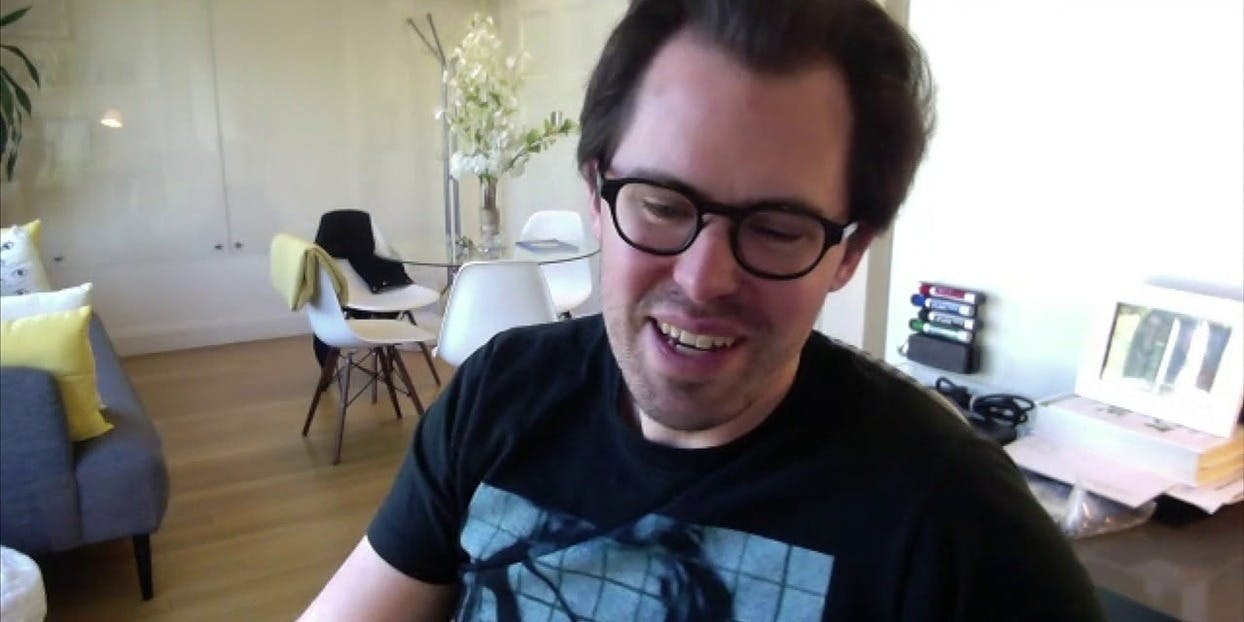550 reads
The New Model For Venture Creation: Inside Roger Dickey's "Untitled Labs" Startup Factory
by
August 9th, 2019
CEO of Foundersuite.com, which makes software for raising venture capital and managing investors.
About Author
CEO of Foundersuite.com, which makes software for raising venture capital and managing investors.
